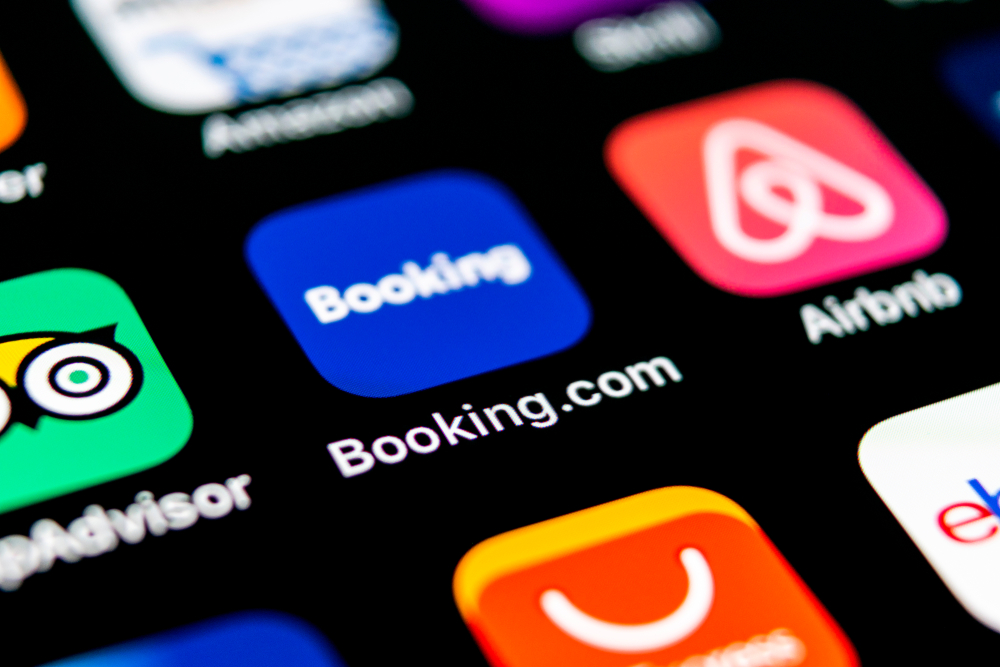Is Airbnb a Real Threat to Hotels?

Airbnb has changed the way people travel. The hospitality industry had to make major changes because of its introduction in 2008. This was the year when the real estate industry saw major crises in the American market creating a trickle-down effect that reached the entire globe.
Since then, things have become stable and the tourism industry now relies heavily on online trends. Different hotels, travel conferences, and tech start-up launch pads often discuss how Airbnb became a global market leader. The one thing that drives people to use this platform is the financial benefit it gives to the owner and the visitor at the same time.
It’s Airbnb VS. Hotel Industry
Let’s break down this comparison into two segments.
The first segment will help us gauge the volume of both competitors. The magnitude of the rooms held by each can help us decide which industry is dominated over the other. Luckily for investors, the number of active rooms held by this tech startup is 4.5 million.
If we look at the total number of rooms owned by the major players of the hotel industry, it can be observed that the top 5 lodging companies alone own more rooms than those owned by Airbnb. This sheds light on the matter that Airbnb can’t still compete with the hotel industry in terms of magnitude.
The other segment looks at Airbnb from a traveler’s perspective as this platform is famous among tourists. Since an Airbnb can be started by almost anyone in any possible place, safety and experience is not guaranteed. Nevertheless, as a matter of fact, most of the areas have seen a decrease in Airbnb listings. This is accounted for bad experiences on the part of owners.
How has Airbnb affected the Hospitality Industry?
It is a fact that Airbnb revolutionized the hospitality industry. But comparing Hotels to Airbnb is like comparing apples to oranges. Both are in a different ball game and each has their own clientage. Let’s look at how Airbnb affected the hospitality industry.
- People looking for social experiences prefer to stay in an Airbnb as it gets them closer to the culture they are visiting.
- Even tents and tree houses are listed with Airbnb depicting that its users are looking for experiences rather than comfort.
- Airbnb has allowed an average person to be able to generate cash-flow by listing a room or a portion of their house for travelers.
- The accommodations are cheaper and it is considered as a getaway for travelers on a budget.
It can be observed that Airbnb has taken away some of the hotel clients but the overall picture is the same.
Because of these effects, the hotel industry is hitting back at Airbnb slowly. According to some corporate heads, Airbnb is in the lodging industry but it is not playing by the same rules. This has resulted in lobbying on a grand scale. For example, an association consisting of top hotel industry officials lobbied with state legislators to adopt fines for people listing their places on Airbnb.
This comes off as a threat to the Airbnb market and it shows that the hotel industry is not happy with the changes that are being made.
Final Words
Comparing Airbnb and the hotels is absurd. Hotels offer comfort, class, elegance, professionalism, and luxury. On the other hand, Airbnb is for people looking to spend time with the local people. People who prefer luxury will always stay at hotels.
Finally, overall the stats don’t lie and the hotel industry will keep on making strides forward. The hotel owners just need to keep adapting to the latest trends and stay ahead of their competition. Meanwhile, Airbnb might be the king of the lodging industry but facing hotels is something it’s not capable of.


